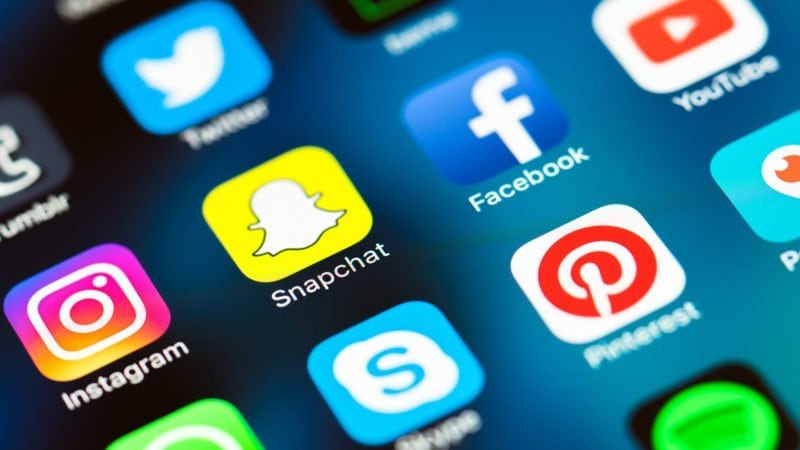Social media has revolutionized the way we interact with the world, and it has brought many benefits, including connecting people across the globe and enabling creativity and entrepreneurship. However, it also has negative impacts, particularly on the youth. One of the most significant negative impacts of social media on the youth is the negative effect on mental health.
Constant comparison, striving for perfection, and seeking validation can lead to feelings of anxiety, depression, and low self-esteem. Social media can also contribute to body dysmorphia, where individuals become overly concerned with their physical appearance and feel insecure about their bodies.
Another negative impact of social media on the youth is the spread of misinformation and fake news. Many young people rely on social media as their primary source of news and information, which can be problematic as much of the content on social media is unverified and unreliable. This can lead to confusion, misunderstandings, and even dangerous behaviour, such as the spread of false health information or conspiracy theories.
Moreover, money generated from social media can also have negative impacts on the youth. It can create a sense of pride and grumpiness among young people. The constant stream of attention likes, and followers can create a sense of entitlement, leading some youth to believe that they are superior to others. The pursuit of money through social media can sometimes lead to unethical behaviour, such as buying followers or engaging in clickbait, which can damage their reputation and credibility.
Social media can also have a detrimental effect on physical health. Many youths spend long hours glued to their screens, leading to a sedentary lifestyle that can cause weight gain, obesity, and other health problems. Additionally, excessive use of social media can interfere with sleep patterns, leading to sleep deprivation, which can cause a range of physical and mental health problems.
Another negative impact of social media is its effect on relationships. It is easy to misunderstand tone and intention on social media, leading to conflict and misunderstandings. Additionally, social media can cause jealousy and mistrust, as individuals may feel threatened by their partner’s interactions with others on social media.
Finally, social media can have a negative impact on productivity and time management. The constant notifications, alerts, and distractions can interfere with work, school, and other important responsibilities. The temptation to check social media can be too strong, leading to procrastination and wasted time.
In conclusion, while social media has its benefits, it is crucial to be aware of its negative impacts, particularly on the youth. Parents, educators, and policymakers must take steps to ensure that young people are informed about the potential downsides of social media and are equipped with the tools to use it in a healthy and responsible way. By promoting a balanced approach to social media usage, we can mitigate its negative impacts and enjoy the benefits it has to offer.














